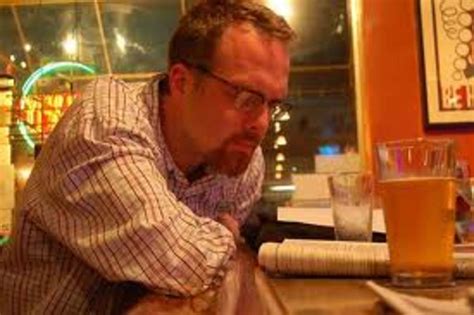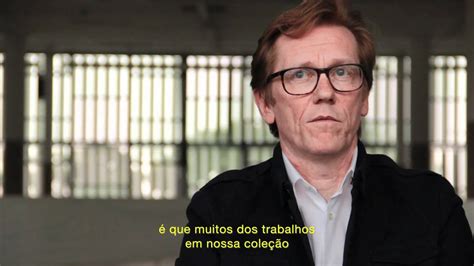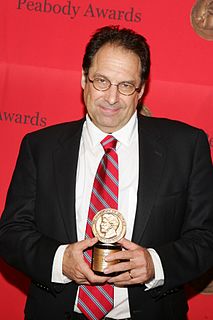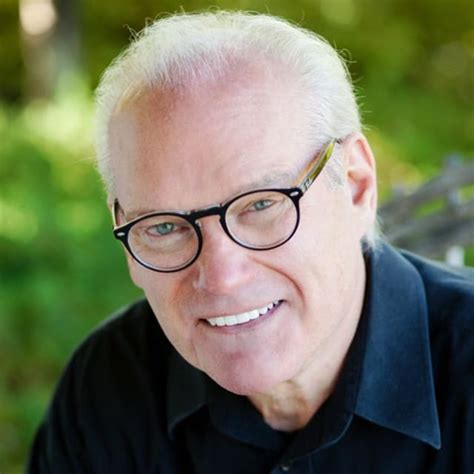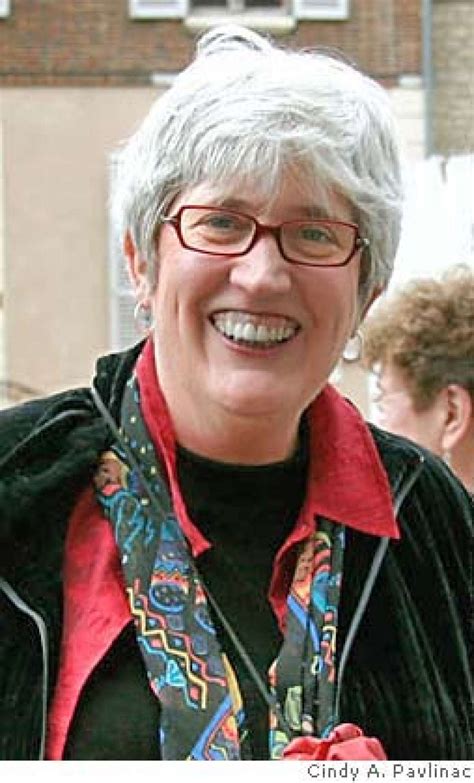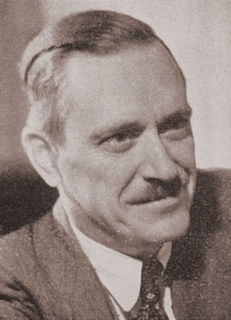A Quote by Jess Row
I try to think of the social function of fiction as drawing the individual toward larger social and political questions. But I'm also very comfortable in saying that my novel - any novel - doesn't matter as much as larger questions of how we can see justice done.
Related Quotes
I gravitate toward the larger worldview questions such as, Why are we here? What are we supposed to be doing? What does it mean to know another person? To love someone? Of course, those questions are sort of in the background as I'm playing with language in the foreground, but those are the informing questions.
More than my questions about the efficacy of social actions were my questions about my own motives. Do i want social justice for the oppressed or do i jusy want to be known as a socially active person? I spend 95 percent of my time thinking about myself anyway. I dont have to watch the evening news to see the world is bad, i only have to look at myself. I am not brow beating here, i am only saying that true charge , true living giving, God honoring change would have to start with the individual. I was the very problem i had been protesting. I wanted to make a sign that read “I am the problem
Artists have their existential questions as human beings, and they address these questions in their works. But they are also thinking in a broader sense when they participate in a social and political debate through their works. Often the most important voices of artists in the political and the social debate are focused on originality in their works. We can see this in historical pieces, like "Guernica" by Picasso. "Guernica" was an extremely important manifestation and critique against war, but it was important and powerful because it was also an incredibly original and powerful work of art.
have a much harder time writing stories than novels. I need the expansiveness of a novel and the propulsive energy it provides. When I think about scene - and when I teach scene writing - I'm thinking about questions. What questions are raised by a scene? What questions are answered? What questions persist from scene to scene to scene?
With nonfiction, I had to learn how to be a clear communicator, but it was also a relief to be able to articulate some of my political ideas and beliefs. I also try to do that in my fiction, but I'm more interested in asking questions that lead to more questions, mysteries that lead to more mysteries, rather than immediate answers and solutions.
Schools should be democratic public spheres. They should be places that educate people to be informed, to learn how to govern rather than be governed, to take justice seriously, to spur the radical imagination, to give them the tools that they need to be able to both relate to themselves and others in the wider world. I mean, at the heart of any education that matters, is a central question: How can you imagine a future much different than the present, and a future that basically grounds itself in questions of economic, political and social justice?


